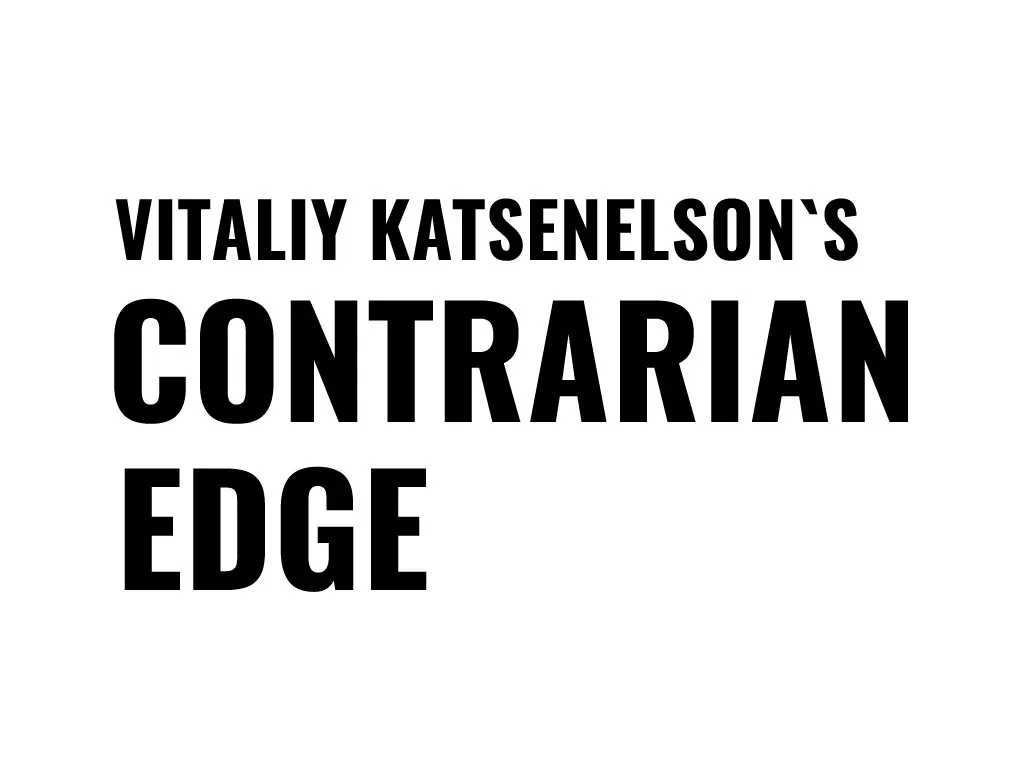September 30, 2004 – TheStreet.com: Street Insight
-
Veritas looked like a bargain, but when I adjust my cash-flow model for stock option expense, it’s not cheap at all.
-
If the expense was disclosed on the income statement, mgt. wouldn’t give out stock options like turkeys on Thanksgiving.
My frustration with stock options has officially reached a 52-week high. We mostly shy away from tech in our portfolios because of earnings “unpredictability” and usually very lofty valuations. Now I can safely add another reason not to own many technology companies — stock options. This is not new news, but a very frustrating and sad reality.
After a torturous quest to find an undervalued stock in this Donald Trump (expensive) market, finally I thought I found a bargain — Veritas (VTS:NYSE) — the king (or the queen — the title is very disputable) of the storage market, that was trading at a 13-week low.
On the surface, this darling looked like a bargain basement stock — strong balance sheet $2 billion of net cash ($2.7 billion in cash and $700 million in debt), approximately $4.6 cash per share, stable and ample free-cash flows, and — the best part — incredibly attractive valuation trading in a ballpark of 10-14 times free cash flows. Another way to express the cheapness of Veritas’s valuation: the street is basically factoring almost no growth into the stock. On the surface, it looked liked Veritas was trading cheaper than the dirtiest dirt.
However, then I looked at the transcript of the earnings call on Street Insight (something I strongly recommend doing) and found Jay Somaney’s comments on VRTS’ share buy-back announcement. I did some more digging and found that most of the earnings and cash flows are wiped year after year with “free” stock options.
If I adjust my discounted-cash-flow model for stock option expense, VRTS is not cheap at all; in fact, 86% of VRTS’s last year earnings are wiped out by stock options. Veritas is a company that prides itself on 90% gross margins and 20% net margins. However, after accounting for stock options, its net margin fell to 2.8% — amazing considering that one would expect to see these kinds of margins in the industrial or retail sector where products are very homogeneous.
My first reaction was “bad” management is giving away the company. There is some truth in that, but the problem lies deeper. Since stock options do not appear on the income statement directly as an expense but are shown as a footnote in the 10k and 10q (which are released several weeks after the earnings release), analyst focus has never been on the stock options expense. But from the shareholder perspective, stock options are a real and tangible expense. In fact, it is not much different from cost of goods sold or sales, general and administrative expenses.
In the absence of stock options, employers would have to pay their employees higher salaries, thus reducing profitability. If the stock option expense was disclosed right on the income statement, management would not give out stock options like free turkeys on Thanksgiving, but would carefully manage it as another expense.
Not all technology companies are created equal. For example, Computer Associates’ (CA:NYSE) stock options expense was $70 million last year and only $8 million in the last quarter, a small fraction of CA’s operating cash flows (6% of 2003 operating cash flows). Microsoft (MSFT:Nasdaq) went a step further moving away from stock options to restricted stock, and the expense associated with it is reported right on the income statement for the whole world to see.
As if issues with stock options could not get any worse, Congress has passed the “Stock Option Reform Accounting Act,” which is now before the U.S. Senate. This act would prevent the non-partisan and independent Financial Accounting Standards Board (FASB) from requiring the expensing of stock options.
I cannot say it any better than Warren Buffett:
This time Congress should listen to the slim accountants. The logic behind their thinking is simple:
1) If options aren’t a form of compensation, what are they?
2) If compensation isn’t an expense, what is it?
3) And if expenses shouldn’t go into the calculation of earnings, where in the world should they go?
If you think technology stocks are not expensive, look again at their earnings and adjust them for stock options –your opinion will change. A personal note to Congress: Please work on fixing social security, leave financial statements to accountants.
Vitaliy N. Katsenelson, CFA
Copyright TheStreet.com 2004









0 comments